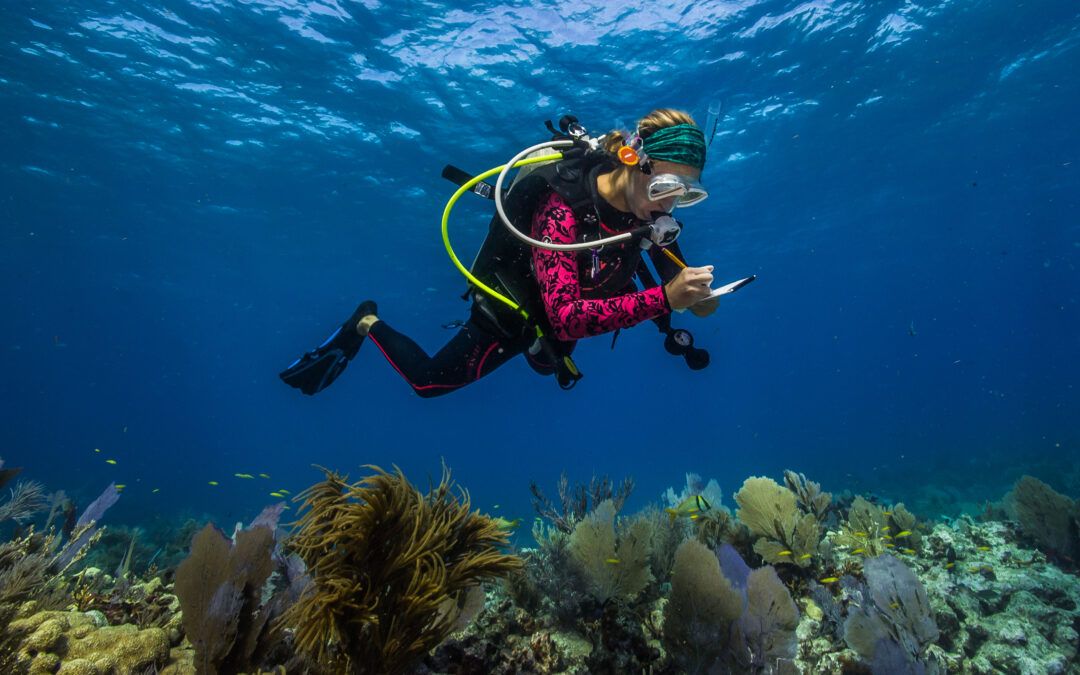
by Ricky Jones | Nov 27, 2023 | adventure scientists, biodiversity, climate change, coral, Scuba Diving
Coral reef bleaching is undoubtedly one of the most pressing environmental issues of our time. Reefs are the most biodiverse of all marine ecosystems, harboring an estimated 25% of all marine species despite covering less than 1% of the ocean floor. They are among the...
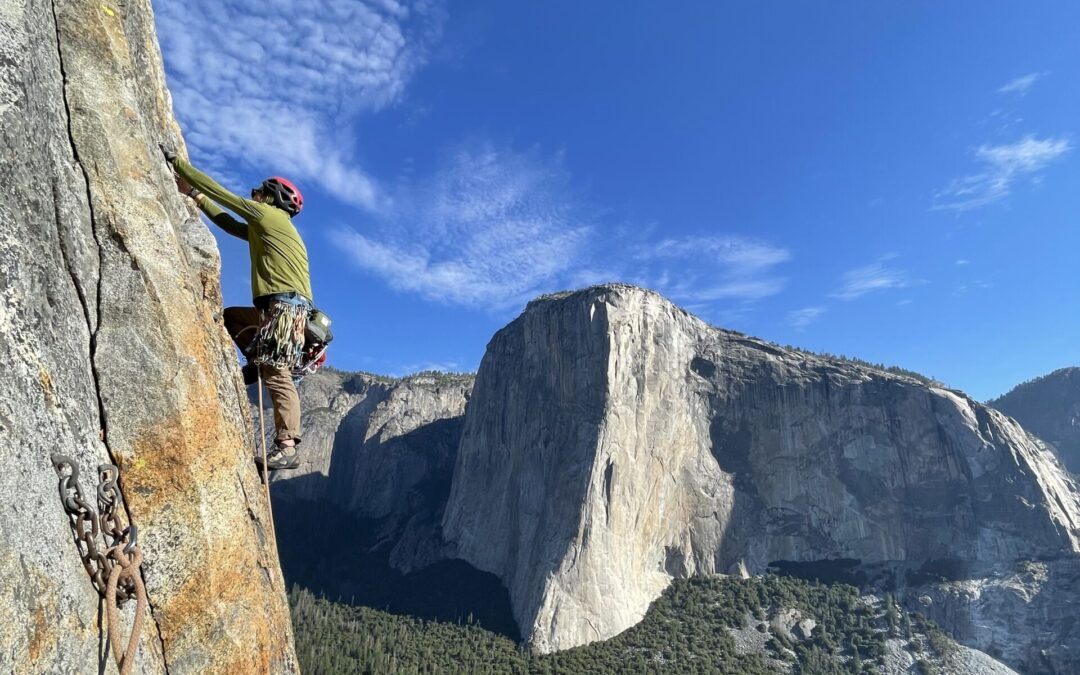
by Adventure Scientists | Sep 15, 2023 | adventure scientists, climbing, conservation, oceans, Scuba Diving
Above: The author climbing in Yosemite Valley. As a climber, I have always been proud to be part of a culture that celebrates minimizing our collective impact on wilderness. We strive to be good stewards of the playgrounds we recreate in, whether it be sea cliffs,...
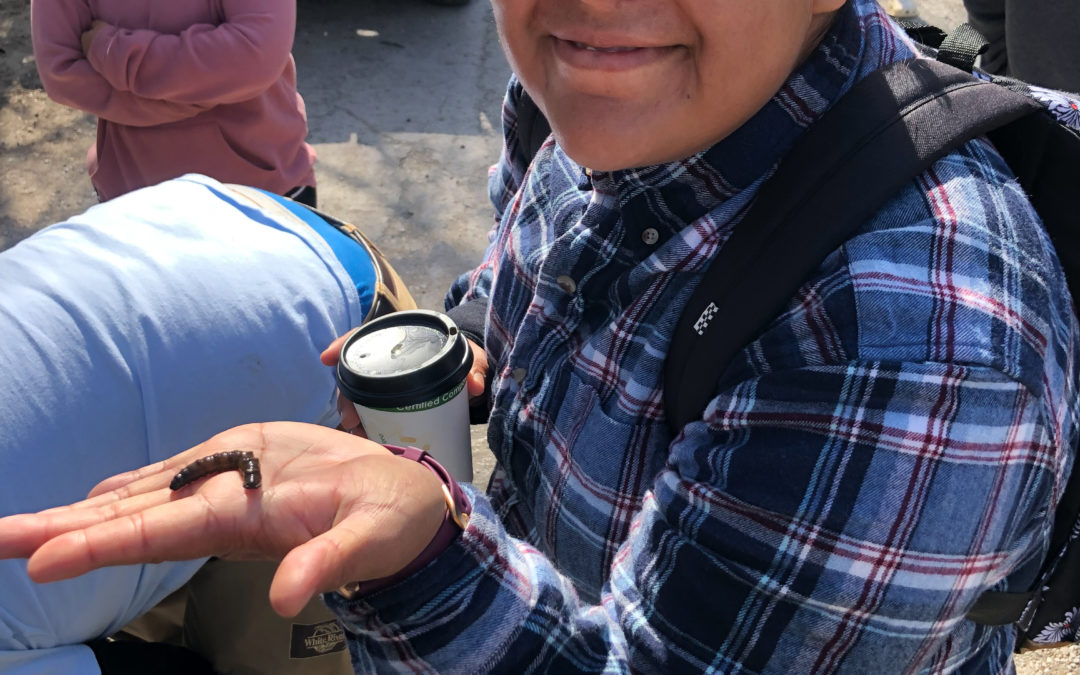
by Adventure Scientists | Jun 15, 2022 | adventure scientists, citizen science, conservation, Equity, Timber Tracking
Adventure Scientists is thrilled to share this essay from friend of the organization Magali Rojas. Magali and friend Aida Winters helped to demonstrate protocols for our Timber Tracking: Eastern Black Walnut training in 2021. She works with the Heartland Conservation...
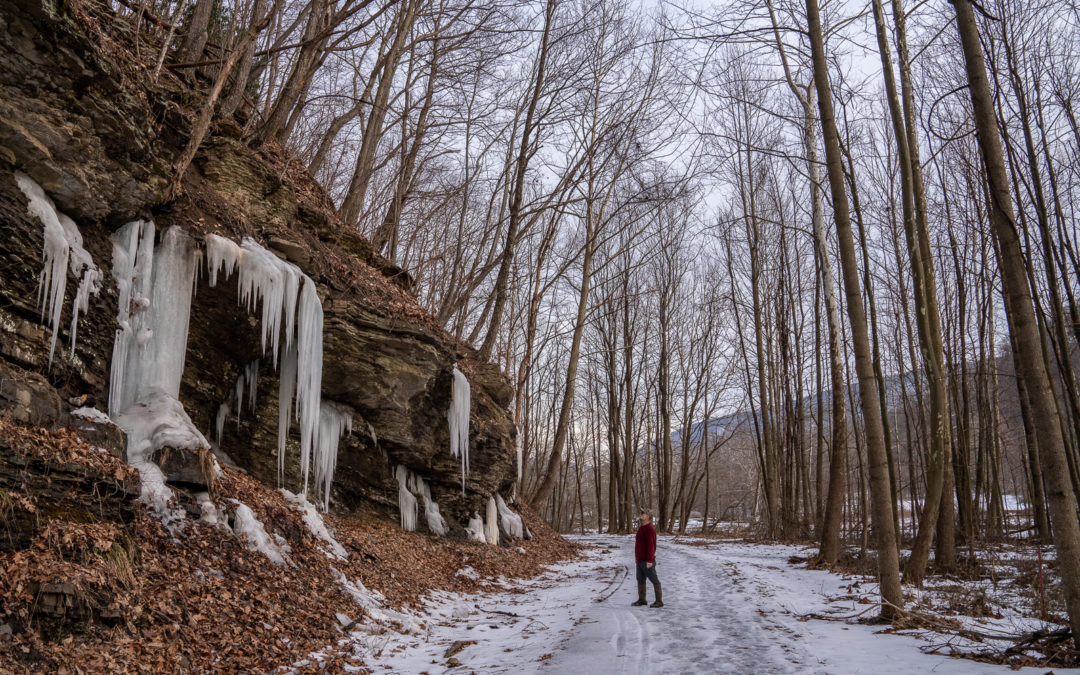
by Adventure Scientists | Apr 7, 2022 | adventure scientists, Timber Tracking
Note: We are thrilled to feature this article from Dylan Jones, who volunteered with us for the Timber Tracking: Eastern Black Walnut project. Read the article here or where it was originally published in Highland Outdoors, West Virginia’s only independent...

by Adventure Scientists | Aug 22, 2017 | adventure scientists, adventurer spotlight, Gallatin Microplastics, microplastic pollution, snow
By: Victoria Ortiz Are some people more prone to accepting change? Changing something requires a level of risk. It means venturing into a new territory where things are outside of your control and relying on one’s skills, creativity, and optimism to succeed....
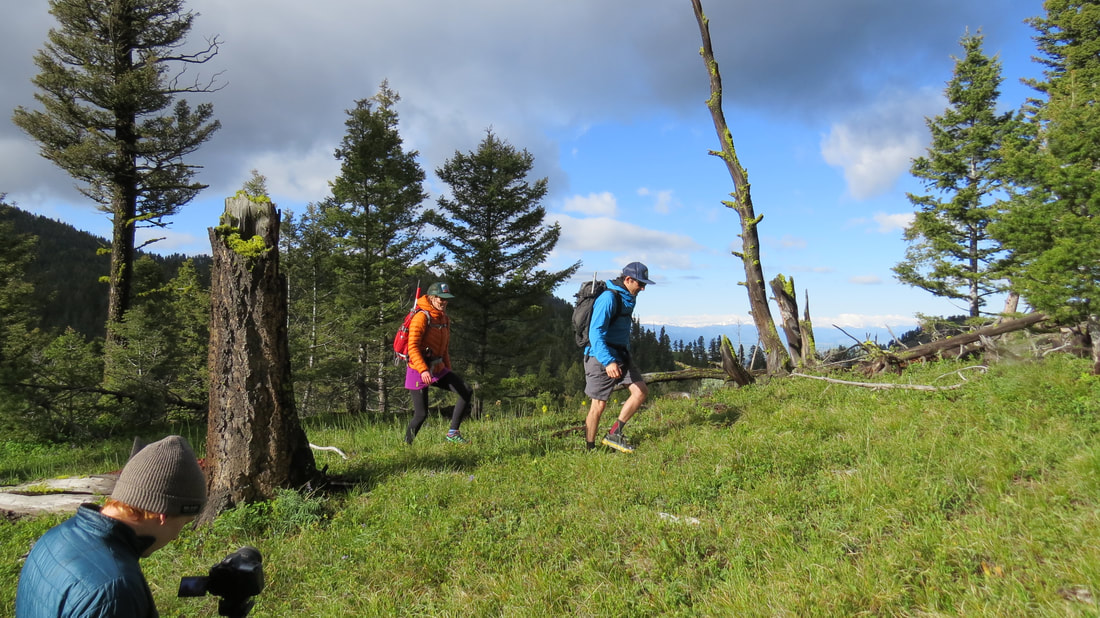
by Adventure Scientists | Jul 25, 2017 | adventure, adventure scientists, pollinators
By: Victoria Ortiz Jessie Kay and Rusty Rustigian walk by as videographer Aidan Weltner films for the new Pollinator Protocols video. Bangtail Mtns, Montana. Nearly 65% of the population are visual learners that absorb and recall information best by...







